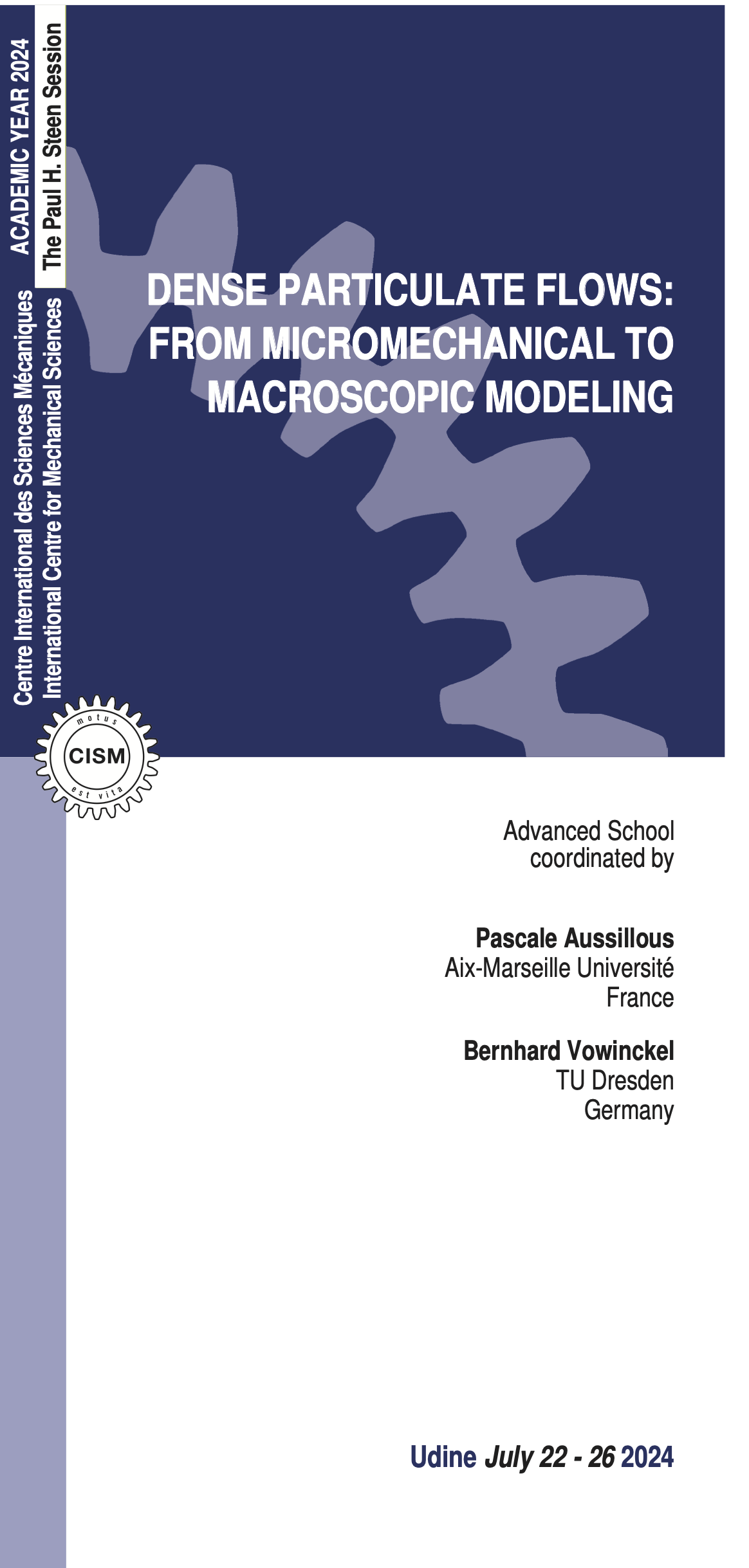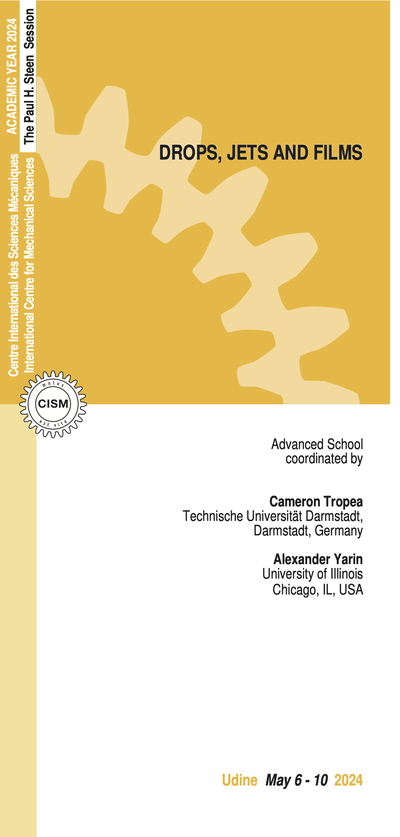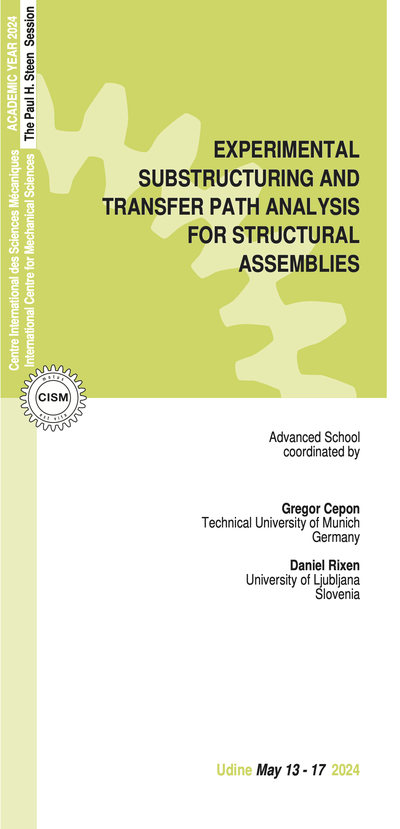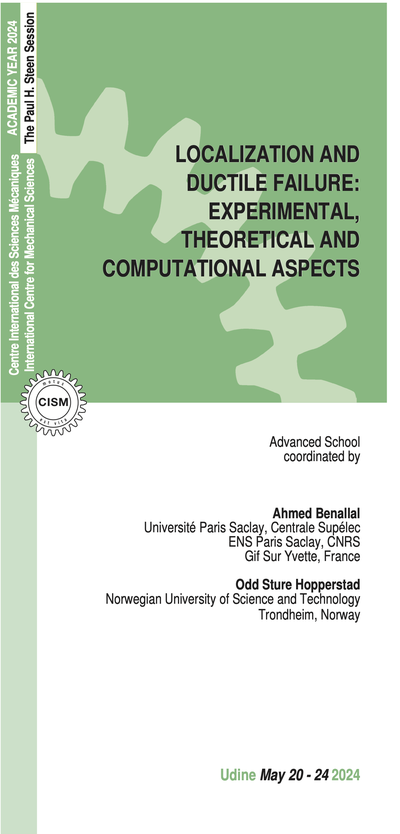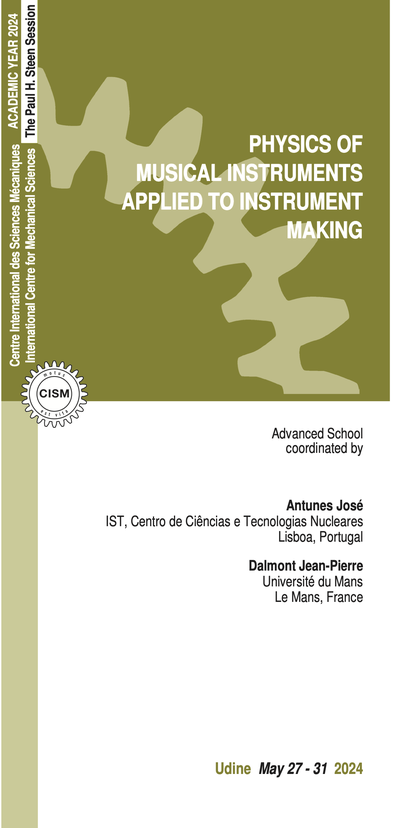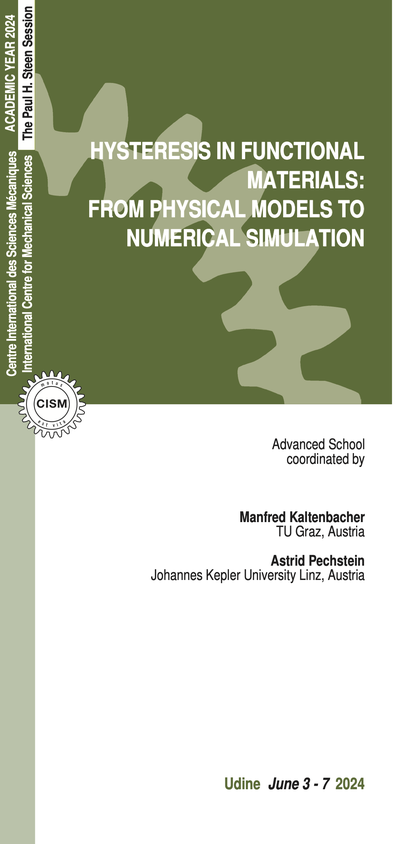Particles in dense suspensions give rise to a multifaceted change in flow behavior that are relevant in process and civil engineering but also play key roles in environmental processes. Prominent examples are the discontinuous shear thickening of corn starch, the destructive potential to move large boulders in debris flows, and the shear thinning of quick sand, to name just a few. Understanding the flow behavior of dense suspensions as a function of the material properties of the particles and the fluid is therefore of fundamental interest in engineering and physics.
The key challenge to understand these changes in flow behavior is to link the micromechanical interactions of the particles to the macroscopic flow behavior of the suspension. Depending on the situation and the analysis of the system, this results in an effective viscosity, which is larger than the clear fluid viscosity, often showing anisotropic behavior that is dictated by the shear rate. Such anisotropic behavior is also expressed in terms of a macroscopic friction coefficient and an effective volume fraction. As such, the rheology of a suspension plays a key role as a constitutive equation in larger scale models of engineering. The rheological behavior of a suspension is determined by a wide host of stress scales, e.g., short range lubrication and far-field viscous effects, contact and friction, particle inertia, cohesion and yield stress as well as a combination of all these stresses. Even though substantial progress has been made in recent years to understand the relevance of those different properties on the complex flow behavior of dense suspensions, a comprehensive rheological framework is still lacking, which limits the predictive capacity of the larger scale models.
Consequently, the Advanced School aims to provide an overview of the state-of-the-art research on the rheological behavior of dense suspensions from different perspective covering applications from process engineering, civil engineering and material science, as well as geophysical applications. The courses will provide a solid background in the theory of the rheology of dense suspensions and will give a broad overview of applications, for which subscale rheological processes are relevant. The lectures will cover examples from the laboratory, numerical simulations and field scale applications, where a focus will be given to imitating assumptions of the underlying modeling approach and potential to connect the different applications to a unifying framework.
Aussillous, P., Chauchat, J., Pailha, M., Medale, M. and Guazzelli, E. 2013 Investigation of the mobile granular layer in bed-load transport, J. Fluid Mech. 736, 594-615.
Dong, J., & Trulsson, M. (2020). Transition from steady shear to oscillatory shear rheology of dense suaspensions. Phys. Rev. E, 102(5), 052605.
Guazzelli, É., & Pouliquen, O. (2018). Rheology of dense granular suspensions. J. Fluid Mech., 852, P1.
Jerolmack, D.J., Daniels, K.E. Viewing Earth’s surface as a soft-matter landscape. Nat. Rev. Phys. 1, 716–730 (2019).
Kostynick, R., Matinpour, H., Pradeep, S., Haber, S., Sauret, A., Meiburg, E., ... & Jerolmack, D. (2022). Rheology of debris flow materials is controlled by the distance from jamming. Proc. Natl. Acad. Sci., 119(44), e2209109119.
Ness, C., Mari, R., & Cates, M. E. (2018). Shaken and stirred: Random organization reduces viscosity and dissipation in granular suspensions. Sci. Adv., 4(3), eaar3296.
Ness, C., Seto, R., & Mari, R. (2022). The physics of dense suspensions. Annu. Rev. Condens. Matter Phys., 13, 97-117.
Rettinger, C., Eibl, S., Rüde, U., & Vowinckel, B. (2022). Rheology of mobile sediment beds in laminar shear flow: effects of creep and polydispersity. J. Fluid Mech., 932, A1.
Rondon, L., Aussillous, P. and Pouliquen, O., 2011 Granular collapse in a fluid: role of the initial volume fraction, Phys. Fluids 23, 073301.v
Tapia, F., Ichihara, M., Pouliquen, O., & Guazzelli, É. (2022). Viscous to inertial transition in dense granular suspension. Phys. Rev. Lett., 129(7), 078001.
Tapia, F., Pouliquen, O., & Guazzelli, É. (2019). Influence of surface roughness on the rheology of immersed and dry frictional spheres. Phys. Rev. Fluids, 4(10), 104302.
Trulsson, M., Andreotti, B., & Claudin, P. (2012). Transition from the viscous to inertial regime in dense suspensions. Phys. Rev. Lett., 109(11), 118305.
Trulsson, M. (2018). Rheology and shear jamming of frictional ellipses. J. Fluid Mech., 849, 718-740.
Vowinckel, B., Biegert, E., Meiburg, E., Aussillous, P., & Guazzelli, É. (2021). Rheology of mobile sediment beds sheared by viscous, pressure-driven flows. J. Fluid Mech., 921, A20.
Wyart, M., & Cates, M. E. (2014). Discontinuous shear thickening without inertia in dense non-Brownian suspensions. Phys. Rev. Lett., 112(9), 098302.
4 lectures on: Particle-scale to two-phase continuum modeling, two-phase flow modeling for bedload sediment transport, dilatancy effects and immersed granular collapse, pore-pressure feedback mechanism.
with Franco Tapia
5 lectures on: Microhydrodynamics in granular suspension rheology, frictional approach of dry granular media, transition from viscous to inertial regime, suspensions with deformable particles, rheology of cohesive suspensions.
5 lectures on: Material controls on yield and flow of natural soils and sediments, size segregation, building of mudflows, yielding and failure processes in landscapes, transient dynamics and aging of granular material.
5 lectures on: Frictional rheology of non-Brownian suspensions, constraint rheology of suspensions, including the effect of adhesion, rheology of chocolate conching.
with Elisabeth Guazzelli
5 lectures on: Microhydrodynamics in granular suspension rheology, frictional approach of dry granular media, transition from viscous to inertial regime, suspensions with deformable particles, rheology of cohesive suspensions.
5 lectures on: Particle interactions and glass transition in Brownian suspensions, effect of shape and size in steady and unsteady shear, coarse grained modelling approaches in dense suspensions.
ADMISSION AND ACCOMMODATION
The course is offered in a hybrid format, allowing participants the flexibility to attend either in person or remotely via the Microsoft Teams platform.
Limited spots are available for on-site attendance and will be allocated on a first-come, first-served basis.
The registration fees are:
- On-site participation: 600.00 Euro + VAT*
Includes a complimentary bag, five fixed menu buffet lunches, hot beverages, downloadable lecture notes.
Deadline for on-site application is June 22, 2024.
- Live Streaming Online Participation: 250.00 Euro + VAT*
Includes downloadable lecture notes.
Deadline for online application is July 11, 2024.
Application forms should be submitted online through the website: http://www.cism.it.
A confirmation message will be sent to accepted participants.
Upon request, a limited number of on-site participants can be accommodated at CISM Guest House at the price of 35 Euro per person/night (contact: foresteria@cism.it)
* where applicable (bank charges are not included) - Italian VAT is 22%.
CANCELLATION POLICY
Applicants may cancel their registration and receive a full refund by notifying the CISM Secretariat in writing (via email) no later than:
- June 22, 2024 for on-site participants (no refunds after the deadline);
- July 11, 2024 for online participants (no refunds after the deadline).
Cancellation requests received before these deadlines will be subject to a 50.00 Euro handling fee. Incorrect payments are also subject to a 50.00 Euro handling fee.
GRANTS
A limited number of participants from universities and research centres who do not receive support from their own institutions can request a waiver of the registration fee and/or free lodging.
Requests should be sent to the CISM Secretariat by May 22, 2024, along with the applicant's curriculum vitae and a letter of recommendation from the head of the department or a supervisor confirming that the institute cannot provide funding. Preference will be given to applicants from countries that sponsor CISM.
